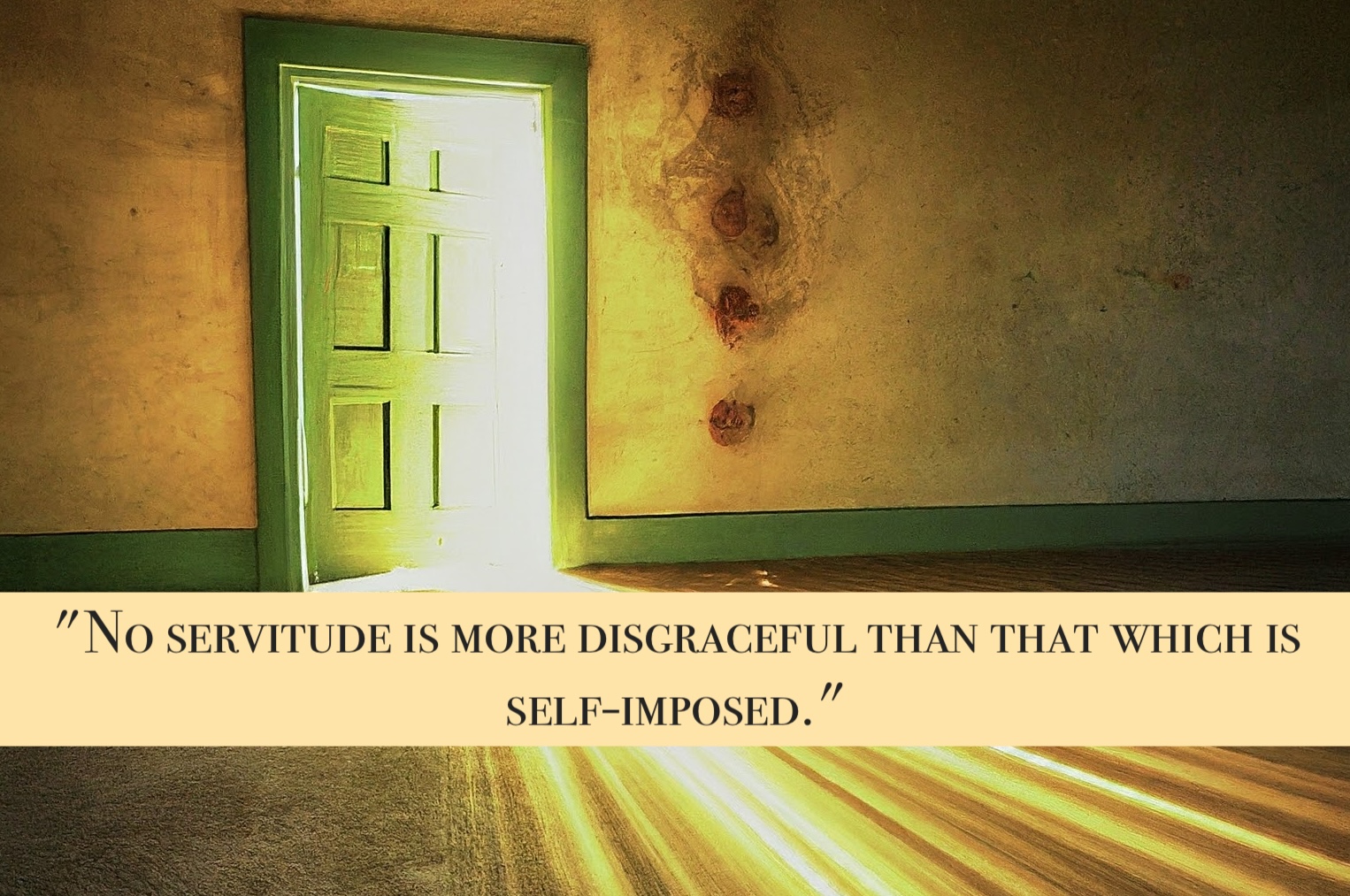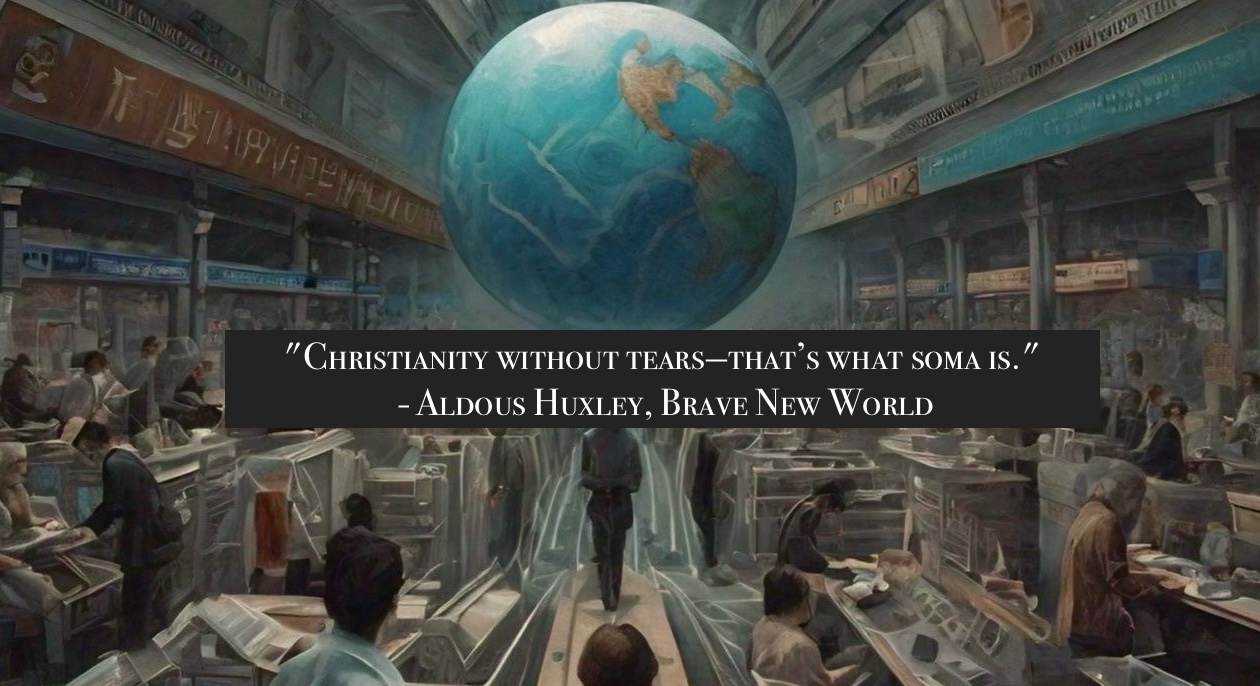Is this the best self-help book ever written?

"Excellence is an art won by training and habituation. We do not act rightly because we have virtue or excellence, but we rather have those because we have acted rightly. We are what we repeatedly do. Excellence, then, is not an act but a habit."
Aristotle
In the quiet corners of our mind, we find ourselves grappling with a myraid of existential dilemmas: What does it mean to live a good life? What constitutes virtue? How can we find lasting happiness amidst the transient flux of everyday existence? How can we improve ourselves? These perennial inquiries traverse epochs, resonating through the annals of time. Remarkably, Aristotle, in the 4th Century BCE, addressed many of these inquiries in his seminal work, "Nicomachean Ethics," offering timeless principles for navigating the complexities of the human experience.
Aristotle's magnum opus isn't just a relic of antiquity; it's a profound meditation on the essence of human flourishing and the pursuit of moral excellence. As I delve into its pages, I'm struck by the resonance of Aristotle's insights with the complexities of my own inner landscape. Far from being just another book on personal development, Aristotle's masterpiece is a profound exploration of the human condition—a roadmap to lasting happiness and fulfillment that transcends the fleeting fads of the self-help industry.
The Highest Good
In the opening book, Aristotle seeks to identify the highest good, the ultimate end that humans pursue. He asserts that every human action aims at some end considered good. While some ends are means to higher ends, the supreme Good must be an end in itself. Happiness (eudaimonia) emerges as this highest end, and it is both virtuous and rational.
"Happiness is the meaning and the purpose of life, the whole aim and end of human existence."
Aristotle
At the heart of Aristotle's ethical framework lies the concept of "eudaimonia"—a state of flourishing that transcends mere pleasure or material wealth. It's a notion that speaks to the deepest yearnings of the human soul, beckoning us to aspire towards a life of meaning and fulfillment. As I reflect on my own journey, I can't help but wonder: Are we truly living in alignment with our highest values and aspirations? Have we allowed ourselves to be swept away by the tide of external expectations, or are we charting a course guided by our inner wisdom and moral clarity? Aristotle challenges us to redefine our understanding of happiness. True happiness, he contends, is not found in the pursuit of fleeting pleasures or material wealth but in the cultivation of inner excellence and moral integrity. It's a radical notion that flies in the face of conventional wisdom, yet one that resonates deeply with the universal longing for meaning and purpose.
Moral Virtue and The Golden Mean
In grappling with these questions, Aristotle's exploration of virtue takes on a newfound significance. Virtue, he contends, is not an abstract ideal but a lived experience—a daily practice of cultivating habits that align with our highest ideals. To him, virtue is a state involving rational choice, consisting of the mean relative to us and is determined by reason - the reason, that is, by reference to which the practically wise man would determine it. True moral virtue lies in finding the Golden Mean - the balance between deficiency and excess. For instance, courage lies between cowardice and recklessness; temperance lies between intemperance and insensibility.
How many time have we allowed fear to hold us back from pursuing our dreams, or have we summoned the courage to step boldly into the unknown? Have we succumbed to the allure of instant gratification, or have we exercised restraint in the pursuit of long-term goals? These are the questions that comes after digging dip in this masterpiece.
"Virtue is a state of character concerned with choice, lying in a mean, i.e., the mean relative to us, this being determined by a rational principle, and by that principle by which the man of practical wisdom would determine it."
Aristotle
Intellectual Virtue and Wisdom
"The educated differ from the uneducated as much as the living from the dead."
Reflecting on the profound insights of Aristotle's "Nicomachean Ethics" regarding intellectual virtue and wisdom, Aristotle posits that intellectual virtues, such as critical thinking and a commitment to truth, not only lead to happiness but are ends in themselves. Practical wisdom, or phronesis, emerges as the highest form of intellectual virtue, involving practical reasoning and discernment. It serves as a guiding principle for ethical decision-making, complementing moral virtues and leading to a harmonious life. As Aristotle suggests, without practical wisdom, virtue remains incomplete, leaving us adrift amidst the complexities of existence.
Friendship and Its Types
"Without friends, no one would choose to live, though he had all other goods."
Expanding beyond individual introspection, Aristotle's insights delve into the intricacies of social relationships and communal life. He eloquently argues that friendship, in its various forms, serves as the cornerstone for a fulfilling and happy existence. Aristotle categorizes friendship into three types: utility-based, pleasure-based, and virtue-based. Among these, virtue-based friendship stands out as the most valuable, grounded in shared values and mutual respect. It is this type of friendship that Aristotle champions as essential for nurturing genuine connections and fostering personal growth, inviting us all to cultivate relationships rooted in virtue and authenticity.
Intellectual Contemplation
Intellectual contemplation, as elucidated in Aristotle's "Nicomachean Ethics," emerges as a profound avenue for self-discovery and spiritual fulfillment. Aristotle extols the virtues of contemplation as the highest expression of human intellect, transcending the mundane concerns of daily life and delving into the timeless truths of existence. In the pursuit of intellectual contemplation, one engages in deep reflection and inquiry, seeking to apprehend the fundamental principles that govern the universe. It is through this process of contemplation that we come to understand our place in the cosmos and the nature of the human condition. As Aristotle suggests, intellectual contemplation is not merely a theoretical exercise but a transformative experience—a journey towards self-realization and enlightenment that leads to a deeper appreciation of life's mysteries.
"The ultimate value of life depends upon awareness and the power of contemplation rather than upon mere survival."
Aristotle's "Nicomachean Ethics" is not just a philosophical treatise but a roadmap for the journey inward—a journey towards self-discovery, moral growth, and ultimately, a life of true flourishing and happiness. In a world awash with self-help gurus peddling quick fixes and overnight success formulas, Aristotle's "Nicomachean Ethics" stands as a beacon of timeless wisdom—a testament to the enduring power of philosophy to illuminate the path towards a more meaningful and fulfilling life. By embracing the virtues of courage, temperance, and justice, and cultivating genuine human connections rooted in friendship and mutual respect, we can unlock the true potential of our humanity and embark on a journey towards lasting happiness and fulfillment.
But perhaps the most compelling argument for the enduring relevance of "Nicomachean Ethics" lies in its universality. While our modes of communication and technology have evolved since Aristotle's time, the fundamental questions he grappled with remain as relevant today as they were millennia ago. In an age marked by uncertainty and rapid change, Aristotle offers a stable anchor—a philosophical framework that transcends the transient fluctuations of external circumstances.




Leave a Reply
You must be logged in to post a comment.